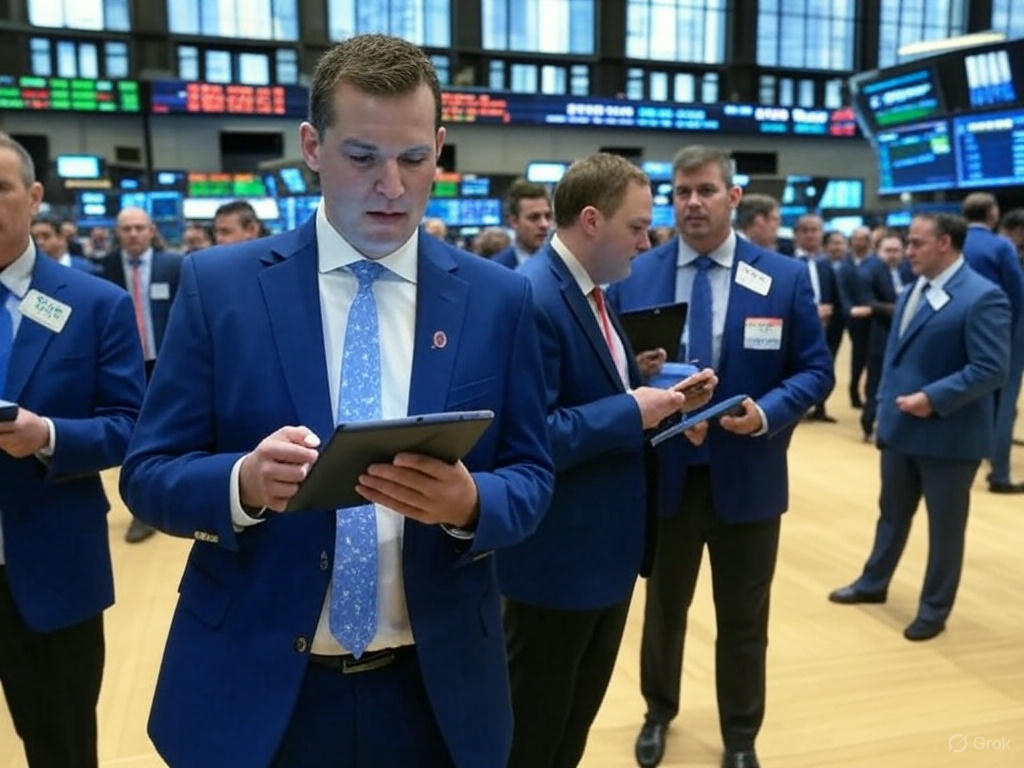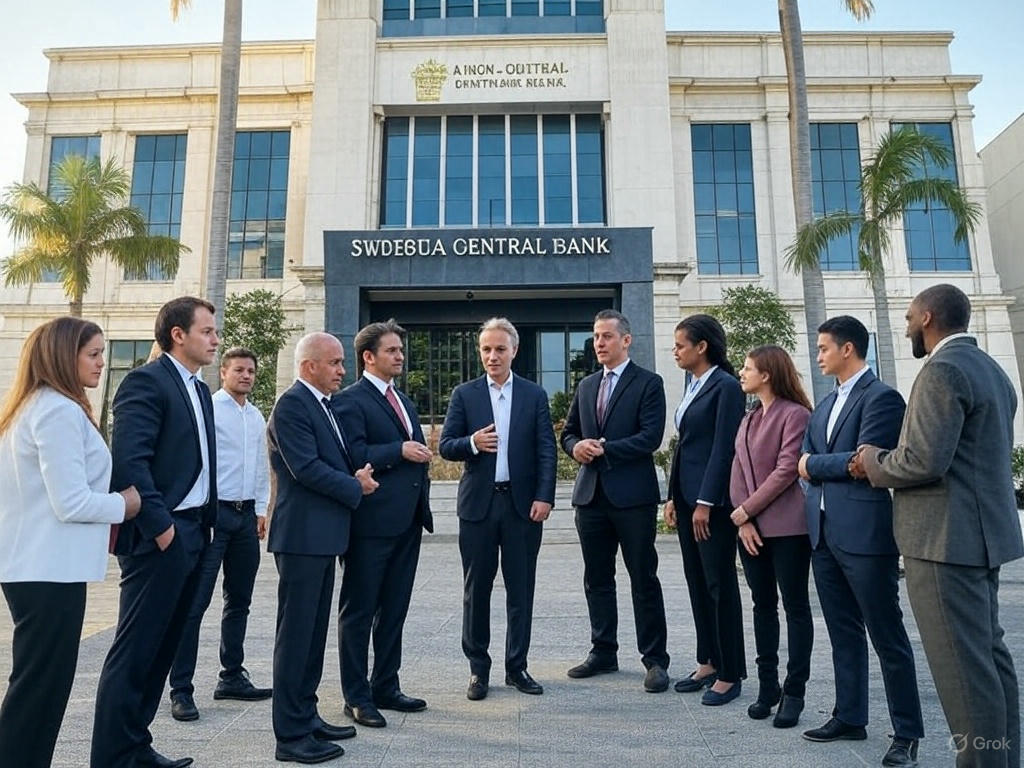Ripple’s vice president, Pierre Rochard, has made explosive claims that the company is actively lobbying against the Strategic Bitcoin Reserve to protect its XRP narrative. According to Rochard, Ripple is spending millions to ensure that the reserve, which aims to establish Bitcoin as a national strategic asset, does not gain traction. He argues that the company is instead promoting state-controlled digital currencies, positioning XRP as a compliant alternative in a regulatory environment increasingly hostile to decentralized assets.

Ripple’s vice president, Pierre Rochard
In response, Ripple CEO Brad Garlinghouse defended the company’s lobbying efforts, asserting that they align with the broader economic goals of the Biden administration. Garlinghouse did not directly address Rochard’s claims but emphasized that Ripple’s actions are focused on fostering regulatory clarity and expanding digital asset adoption. While Ripple has never publicly disclosed its lobbying priorities, its influence in Washington is well-documented.
Financial records confirm that Ripple has been heavily involved in lobbying activities, with OpenSecrets reporting that the company spent approximately $940,000 on lobbying efforts in 2023 alone. These funds have primarily been directed toward shaping crypto regulations, particularly around stablecoins and central bank digital currencies (CBDCs). Critics argue that Ripple’s push for compliance-friendly policies may come at the expense of Bitcoin’s decentralization ethos, fueling ongoing tensions within the crypto industry.
The controversy highlights a growing ideological divide in the digital asset space, where companies like Ripple advocate for regulatory engagement while Bitcoin proponents push for financial sovereignty. Whether Ripple’s lobbying will succeed in influencing U.S. policymakers remains to be seen, but Rochard’s accusations have reignited debates about the role of corporate influence in shaping the future of cryptocurrency regulation.




